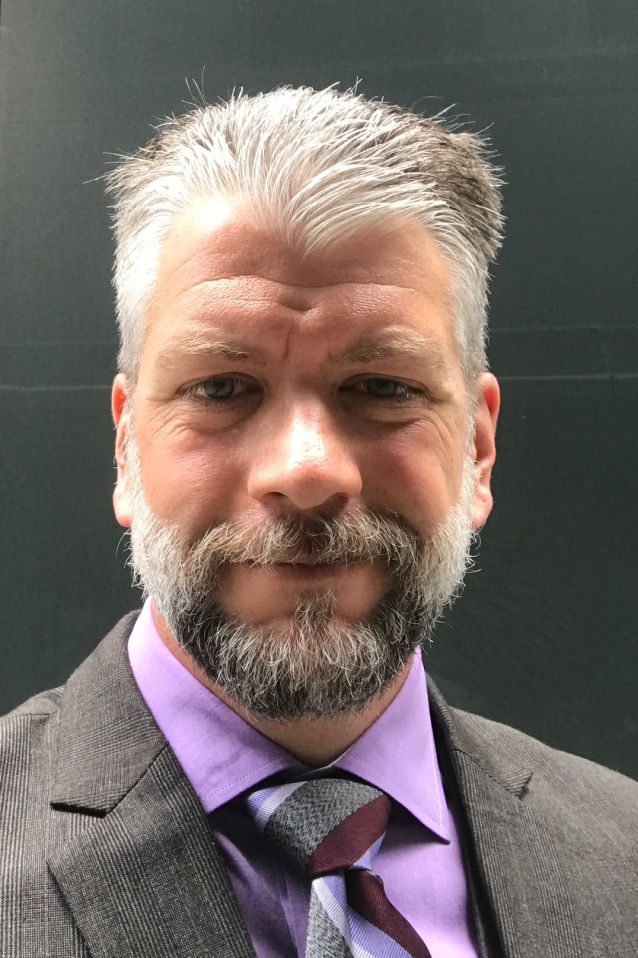Ryan McLane Book as a speaker/entertainer for your next event
Key Points for Ryan McLane
- Ryan McLane is an humanitarian team leader, disaster response worker, arctic advocate, communicable disease specialist, diplomat, leadership consultant and world traveller; he can speak clearly and engagingly on any aspect of current events, health, and leadership.
- He is a recognised and published expert on the history of the 1918 Influenza outbreak across the globe, and was interviewed in recent months by BBC 4 and Radio New Zealand on the topic.
- Is an expert on current disease threats, emerging infectious diseases, and pandemic response. He has received awards for his front-line work against Ebola in Sierra Leone and tuberculosis in Alaska.
- Having served as a representative to global bodies such as the WHO, Ryan can speak to the political, cultural and economic elements of our current global health and health security crises. He will explain why have antibiotics stopped working and new diseases seem to emerge every week?
- Having led teams in some of the most brutal environments on the globe Ryan understands what makes a good team, and a good leader. He has used this knowledge to help clients such as Merck and the State of Alaska to develop their staff.
- Alaska, Nigeria, Russia, Fiji, Indonesia, Sierra Leone, Guatemala, and more; Ryan's presentations are built around a career spanning the globe.
Topics for Ryan McLane
- The great death: The 1918 Influenza pandemic
The 1918 influenza pandemic was the greatest mortality event in human history, killing off one in every 20 humans alive in 1918. This event, which killed more than both world wars combined, is essential to understand the current threat posed by pandemics across the globe. - Must wee all die: Ebola in West Africa
Having led a clinical team in Sierra Leone during the 2013-2015 Ebola outbreak, I can speak to the devastating impact of the disease, its origins and patterns, and future risks around potential outbreaks. With a full complement of photos, I can walk audiences through the experience of working in the camps during the height of the disease and the reality for the staff and victims. - Are politics making you sick: Current affairs and pandemic illness
Combining an extensive knowledge of current affairs with extensive study in communicable diseases, I will walk an audience through the potential for political disruption due to pandemics, and the way pandemics are made more likely by political and social realities. - Ebola, Zika, and Marburg, oh my: Emerging infectious diseases
There seems to be a never-ending stream of new illnesses threatening our societies, from MERS infected camels to rabid bats. Let me introduce the latest of the rogues gallery of illnesses while explaining why we seem to face a new threat every year. - Building a barricade against the east wind: The 1918 influenza pandemic in the Pacific
In 1918 Western Samoa lost a quarter of her population in 8 weeks to the influenza pandemic, while American Samoa 50 km away was the only place on the globe that suffered no deaths at all. Australia kept the virus out for a year, except WA and Tasmania which succeeded in keeping disease at bay for precious additional months by defying the central government. I will tell the story of the characters, the vessels, and the errors which drove the 1918 influenza pandemic across the Pacific. - Team dynamics in high-stress situations
Team dynamics are the same whether treating Ebola in West Africa or producing a briefing for a tier 2 meeting. Using real-life examples, I will walk your audience through the elements of leadership, empathy, and strategy necessary to make your teams function at their peak. - Climate change in the invisible country: The melting Arctic
The climate is warming three times as quickly at the poles as in the temperate zones of the planet. Using 15 years of photos and experience working in the Alaskan Arctic let me teach your audience about the reality of climate change where it is measured in months rather than decades. - Resilience: Building societies to protect us all
While we cannot prepare for every potential crisis, we can ensure that our societies are resilient enough to absorb and respond to shocks and traumas. Drawing on experience of crises across the globe, I will explore instances of social resilience and its absence during crises, and how to develop the resilience that is so critical to our societal well-being.


